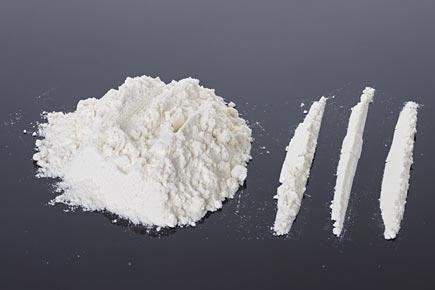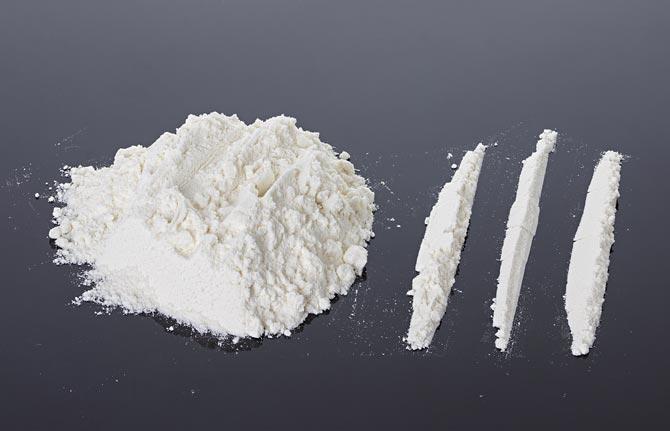Researchers have discovered a type of brain cells that play a key role in reducing the effects of cocaine on the brain

cocaine effect
Toronto: Researchers have discovered a type of brain cells that play a key role in reducing the effects of cocaine on the brain.
ADVERTISEMENT

Representational picture
The discovery establishes that microglia cells can diminish the adverse changes to neural circuitry brought on by the chronic use of cocaine and has significant implications for developing an effective treatment for addiction.
Microglia may not be as well known as neurons, the brain cells that relay messages, but they have many important functions.
They constantly monitor their environment, and can act to maintain normal brain functioning.
When they find something amiss, they can produce molecules that instruct neurons to make adaptive changes to their connections. One such example is the inflammatory molecule known as tumor necrosis factor (TNF).
"What we discovered is that cocaine activates these microglia, which causes the release of an inflammatory signal which then tries to reverse the changes that cocaine is inducing in the neurons," said the study's senior author David Stellwagen, associate professor at McGill University in Montreal, Canada.
The study was published in the journal Neuron.
Using a mouse model, the researchers detected this microglia-mediated reversal.
In further experiments the team used a pharmaceutical agent that stimulates microglial production of the inflammatory molecule known as tumour necrosis factor.
The researchers observed that a cocaine-induced behavioural change in mice, the progressive increase in movement induced by cocaine, was reduced in the animals who received this agent.
This exciting result holds promise for one day developing treatments that could cut down on drug relapse rates, which can run as high as 80 percent.
"If we could develop a treatment that would suppress the craving that addicts have in stressful situations, or when they are re-exposed to situations in which they'd normally be taking the drug, that may allow them to avoid relapse,” Stellwagen said.
"And that's really the therapeutic goal of the work we have been doing," Stellwagen noted.
 Subscribe today by clicking the link and stay updated with the latest news!" Click here!
Subscribe today by clicking the link and stay updated with the latest news!" Click here!






